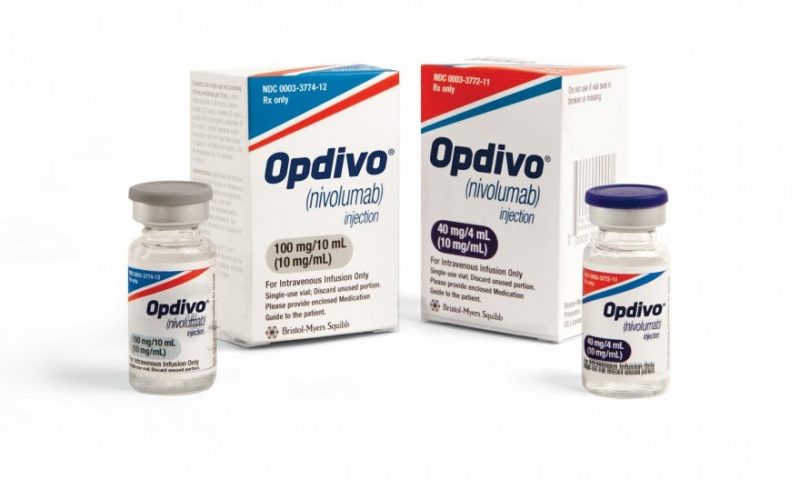Despite the success of checkpoint inhibitors that remove the blockade that cancer cells impose on the immune system, the drugs only work in some patients. A research team led by scientists at the University of California, Los Angeles figured that understanding how responders’ immune cells act differently from those of nonresponders could point to new ways to enhance the efficacy of immuno-oncology therapies.
In a new study published in Cancer Cell, the UCLA team pinpointed two main drivers that help the immune system attack cancer in response to I-O treatment: T-cell infiltration of tumors and interferon-gamma signaling.
The researchers analyzed tumor biopsies from melanoma patients treated with Bristol Myers Squibb’s PD-1 inhibitor Opdivo, either on its own or in tandem with the company’s anti-CTLA-4 drug Yervoy, in the CheckMate-038 trial. They compared genomic data from the tumors collected before and during treatment in both patients who had a clinical response and those who didn’t respond.
As previous researchers had reported, the UCLA scientists found that high levels of CD8 T cells traveling to tumors were associated with the clinical response to the checkpoint inhibitors.
So, they examined the expression of cancer cell-killing cytokines as a result of tumor antigen-specific T-cell activation. The team discovered that cytokine expression followed the pattern of interferon-gamma, which was found at high levels in biopsies of patients who had responded well to checkpoint inhibitors.
Further analysis of genes that are related to interferon-gamma exposure revealed that the main difference separating patients who had responded and those who resisted I-O therapy was an increase in antigen-presenting machinery.
“The cancer is blocking how the immune system attacks cancer cells by the immune checkpoints,” Antoni Ribas, M.D., Ph.D., the study’s senior author, explained in a statement. “And whenever we’ve released them, then there’s an increased immune activation that depends on the strength of the T cells to produce [interferon gamma], resulting in the activation of over 600 genes that amplify the antitumor immune response.”
Numerous research efforts have focused on identifying methods to boost the efficacy of immuno-oncology treatments. These include combining the targeting of immune checkpoints. For example, Roche recently demonstrated that combining its PD-L1 blocker Tecentriq with experimental anti-TIGIT antibody tiragolumab shrank non-small lung cancer better than Tecentriq alone.
Researchers in China recently found that inhibiting AKT with Merck’s MK-2206 boosted T-cell infiltration in glioblastoma in mice. They argued that combining the drug with an anti-PD-1 medicine could improve the anti-tumor effect.
The UCLA-led team’s findings provide hope that combination therapies that “increase interferon signaling inside tumors to jump-start an anti-tumor immune response when it is not already pre-existing” may dial up the efficacy of immune checkpoint inhibitors so that they can help more patients, the scientists wrote in the study.

